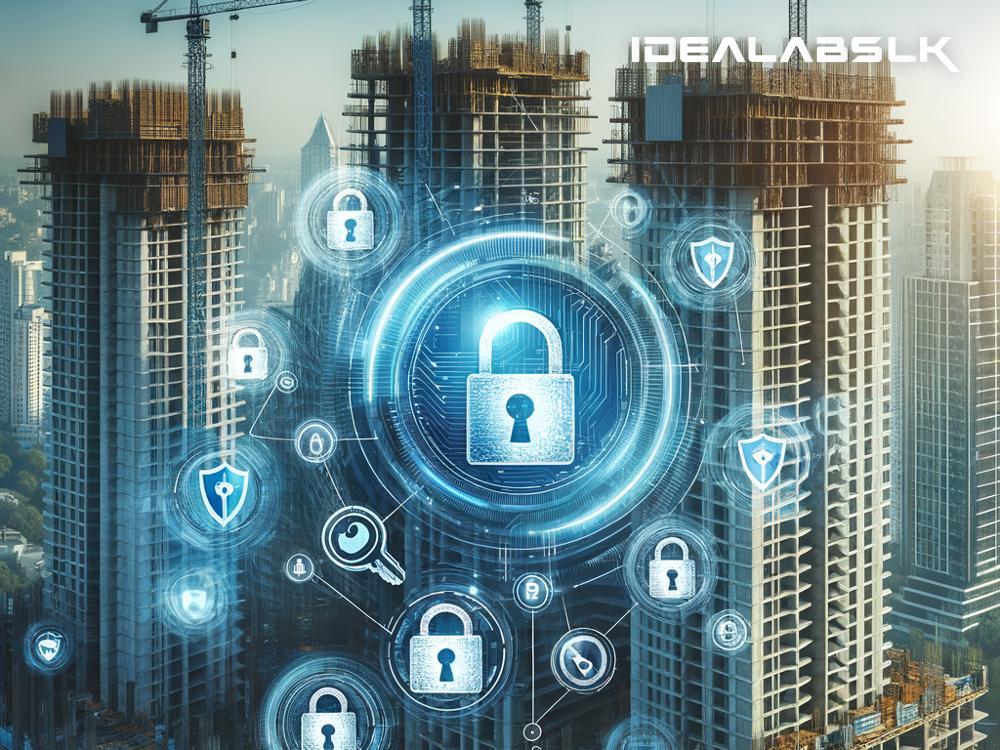Unlocking the Future of Real Estate Project Financing with Blockchain
Real estate, one of the oldest and most significant sectors of the global economy, is standing on the brink of a revolutionary shift, thanks to blockchain technology. While the term "blockchain" first gained popularity alongside cryptocurrencies like Bitcoin, its potential stretches far beyond just digital currencies. At its core, blockchain is a decentralized, secure ledger that records transactions across several computers. This technology promises to transform a wide range of industries, with real estate project financing being one of the most exciting frontiers.
Simplifying Transactions
Real estate transactions are notoriously complex, involving numerous parties, including buyers, sellers, lawyers, banks, and more. Each of these parties must verify and process a significant amount of paperwork, making the whole process not only time-consuming but also expensive. Enter blockchain, which simplifies this by maintaining a single, immutable ledger for all transactions. With blockchain, all parties can view transaction histories, ensuring transparency and reducing the need for intermediaries. This not only speeds up transactions but also significantly lowers associated costs.
Enhancing Transparency and Trust
One of the biggest challenges in real estate transactions is trust. Parties often spend a significant amount of time and resources on due diligence, trying to ensure that the information they have is accurate and that the other parties are trustworthy. Blockchain technology, by its very nature, is transparent and secure. Every transaction on a blockchain is recorded permanently, cannot be altered, and is verifiable by all parties involved. This inherent transparency builds trust among parties, making real estate transactions smoother and faster.
Streamlining Financing and Payments
Financing real estate projects often involves multiple sources, including banks, investors, and government grants, each with its processes and timelines, complicating the funding process. Blockchain offers a unified platform where all these sources can interact, making the process more efficient. Furthermore, with the use of cryptocurrencies and smart contracts (self-executing contracts with the terms directly written into code), payments can be made more swiftly and securely, with terms automatically enforced, further streamlining the financing process.
Tokenization: Breaking Down Barriers to Investment
Perhaps the most revolutionary impact of blockchain on real estate is the concept of tokenization. This refers to splitting the ownership of a real estate asset into tokens that can be bought and sold on a blockchain platform. Tokenization breaks down the traditional barriers to real estate investment, allowing for smaller investments, which opens up the market to a broader audience. It also offers increased liquidity to real estate assets, which have traditionally been very illiquid, making it easier for investors to enter and exit positions.
Overcoming Challenges and Looking Ahead
Despite its potential, blockchain in real estate project financing faces several challenges. Regulatory hurdles, the need for technological infrastructure, and the slow pace of adoption in the conservative real estate sector are significant barriers. However, as technology evolves and stakeholders become more familiar with its capabilities, these challenges are gradually being overcome.
Real estate companies, startups, and governments around the world are beginning to explore and invest in blockchain solutions. From simplifying transactions and enhancing trust to streamlining financing and democratizing investment through tokenization, the potential benefits of blockchain in real estate are vast.
In conclusion, blockchain technology offers a promising future for real estate project financing, promising to make transactions more transparent, efficient, and accessible. While there are hurdles to overcome, the pace of technological advancement and the growing interest from within the real estate sector suggest that blockchain could indeed redefine the future of real estate. The journey of merging blockchain with real estate is just beginning, and it will undoubtedly be a fascinating one to watch.

